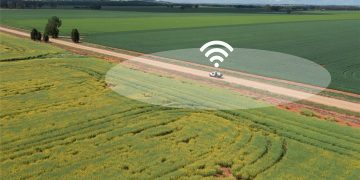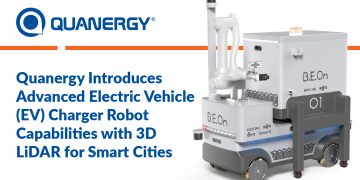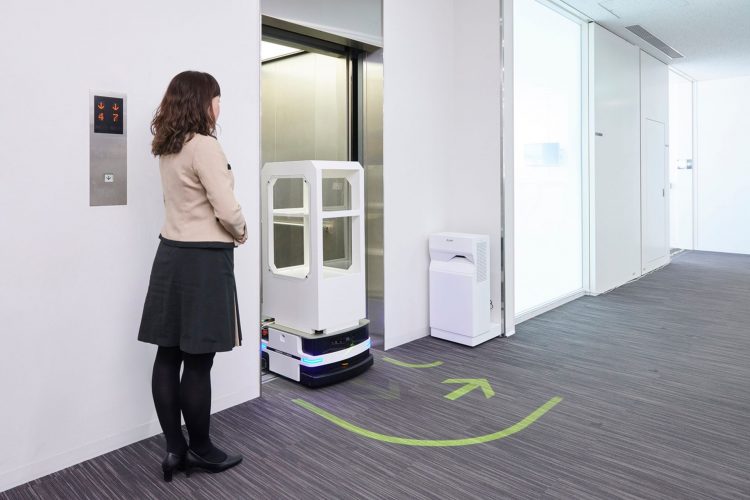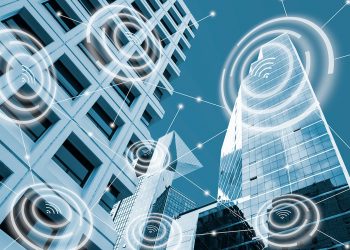Mitsubishi Electric Corporation (TOKYO: 6503) announced today that it has developed a technology for controlling in-building mobile robots used for cleaning, security, delivery and guidance, as well as next-generation electric wheelchairs, using building dynamic maps* to achieve cooperative interaction between the robots, etc. and building facilities, such as elevators and access control systems.
By supporting the safe, efficient movement of people and In-Building Mobilities in buildings, the new technology is expected to reduce the workloads of building-management personnel and help realize smart buildings** in which people and robots coexist safely. Going forward, Mitsubishi Electric will continue developing the technology in collaboration with developers and mobility manufacturers, aiming to introduce a commercial service after March 2021.
- Mitsubishi Electric’s new three-dimensional map for buildings that shows the status of building facilities (e.g. elevators and access control systems), location of mobility devices and passable routes
- Buildings in which advanced IoT is deployed to energy-saving and labor-saving work environments through the building
 Key Features
Key Features
In-Building Mobilities move efficiently according to a building dynamic map
Mitsubishi Electric’s newly developed building dynamic map is utilized to control the movements of multiple In-Building Mobilities within a building. When the In-Building Mobilities use elevators or pass by each other in narrow aisles, the system automatically guides them along the best routes to avoid hitting other In-Building Mobilities, entering prohibited areas or boarding crowded elevators. When passing through an access-control gate, the system uses the map to prioritize the movements of people as well as to prevent collisions.
In addition, elevators and access-control systems are linked to coordinate the efficient and safe movement of In-Building Mobilities among people throughout the building, including when moving between floors.
The system also identifies the locations of In-Building Mobilities, including when they break down, by recording the operations of elevators as well as the In-Building Mobilities to visualize the each unit’s location on the building dynamic map, to further reduce building-management workloads.
Animated lighting indicates movements of In-Building Mobilities for safety
Animated lighting is displayed on the floors in front of elevators to help people anticipate the movements of In-Building Mobilities that are getting on and off the elevators, allowing people to smoothly and safely enter and exit elevators together with the In-Building Mobility. Animated lighting is also displayed as In-Building Mobilities move in other areas, allowing people to pass safely even in narrow passageways or in poor visibility.

for developers and enthusiasts







